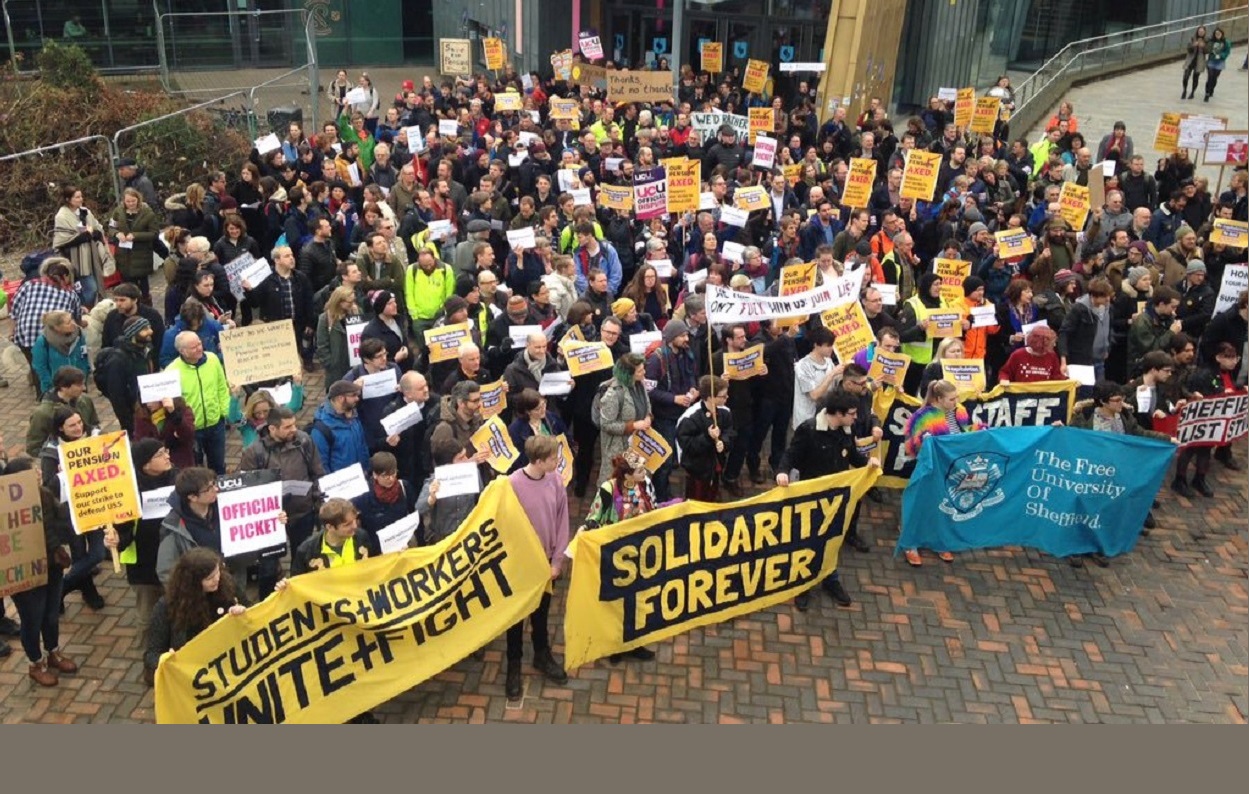Our strike notification has now been submitted. Industrial action will begin in Week 8 (17 November 2025) and continue for 4 weeks, in line with the pattern in the motion passed by a branch meeting last month. We have given notification for the following dates of strike action:
Week 1: 17, 18, 19, and 21 November 2025
Week 2: 24, 25, 26, and 27 November 2025
Week 3: 1, 2, 4, and 5 December 2025
Week 4: 9, 10, 11, and 12 December 2025
Action short of a strike has also been notified starting on 17 November 2025, including the following actions:
- not covering for absent colleagues, vacant posts, or posts that are discontinued due to change management;
- not rescheduling lectures or classes cancelled as a result of strike action;
- not sharing materials relating to lectures or classes cancelled as a result of strike action;
- not undertaking any voluntary activities;
- not undertaking duties which are not commensurate with the grade of the post;
- not using personal devices to conduct work.
We are dedicated to using the time between now and the commencement of possible strike action to focus on negotiating a satisfactory resolution to the dispute. Although negotiations thus far have not yet led to a resolution, they have been productive. Our branch’s strong membership and our live industrial action mandate have materially helped these negotiations, and we thank members for your work in the GTVO and in organising.
We will provide full details about strike arrangements, including financial support, strike drop-ins, and other practical information later this week (week commencing 20/10/2025).
